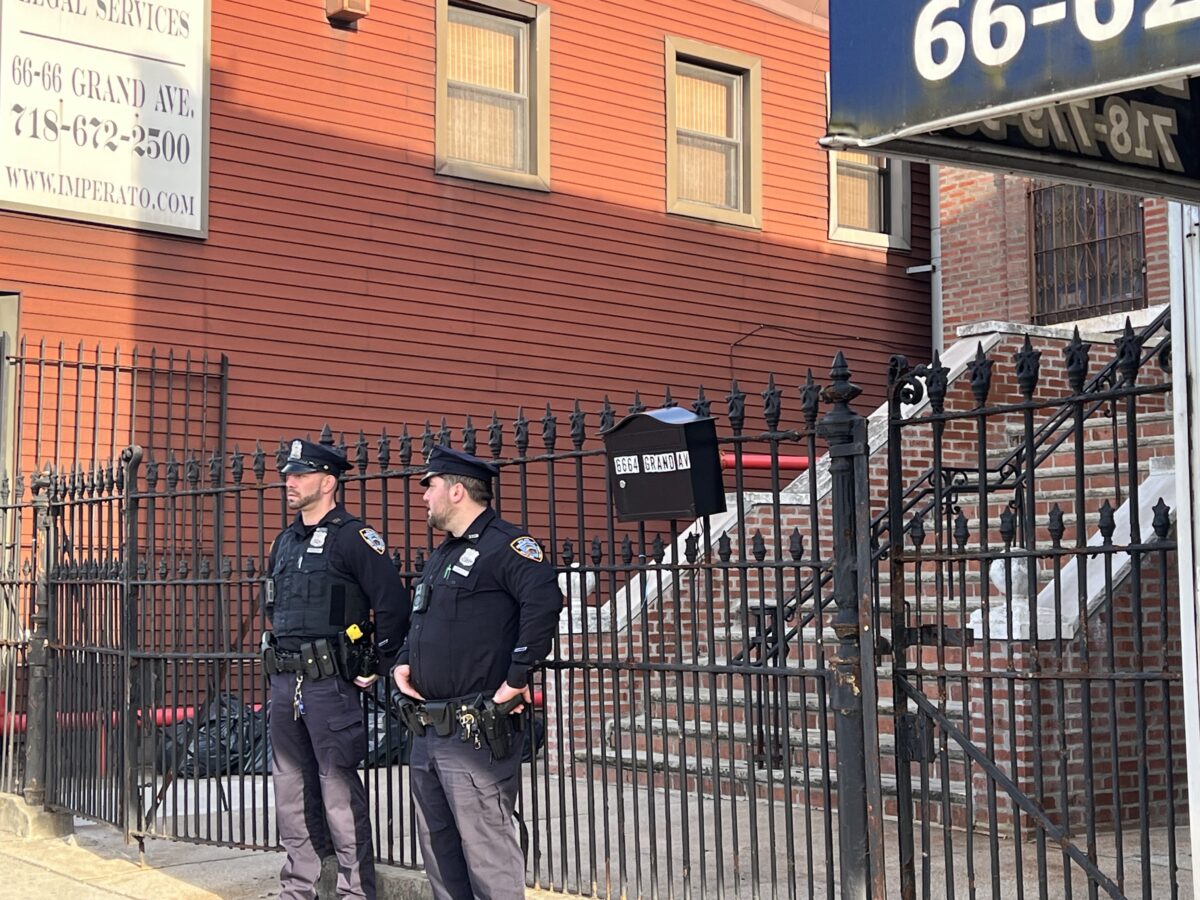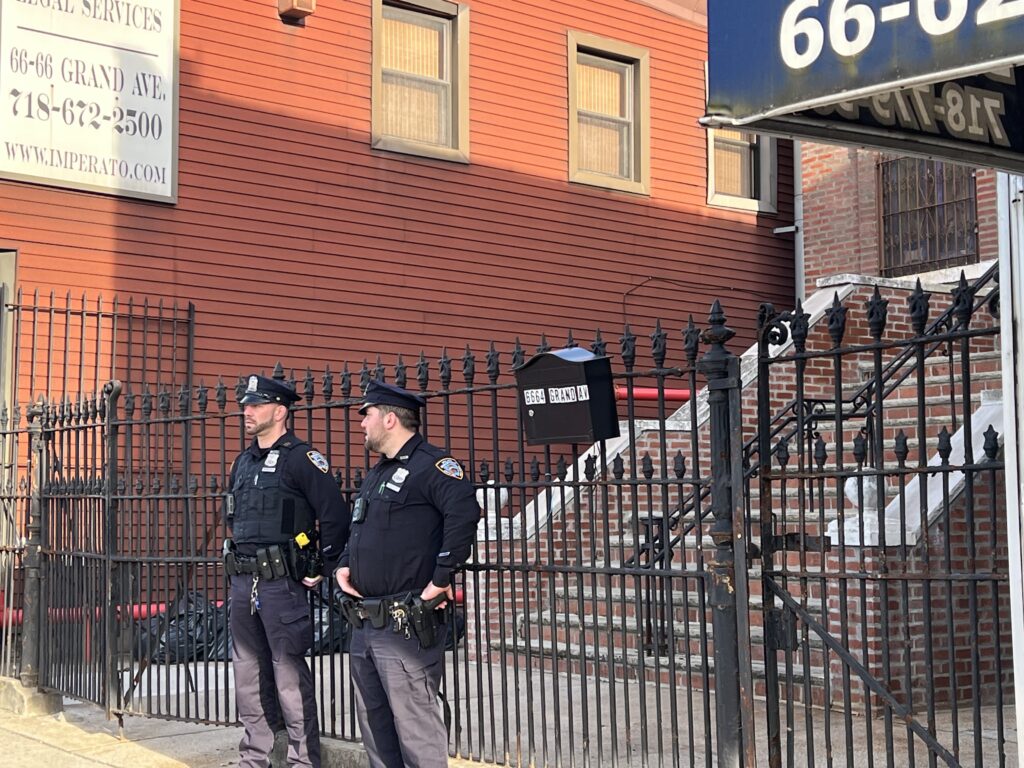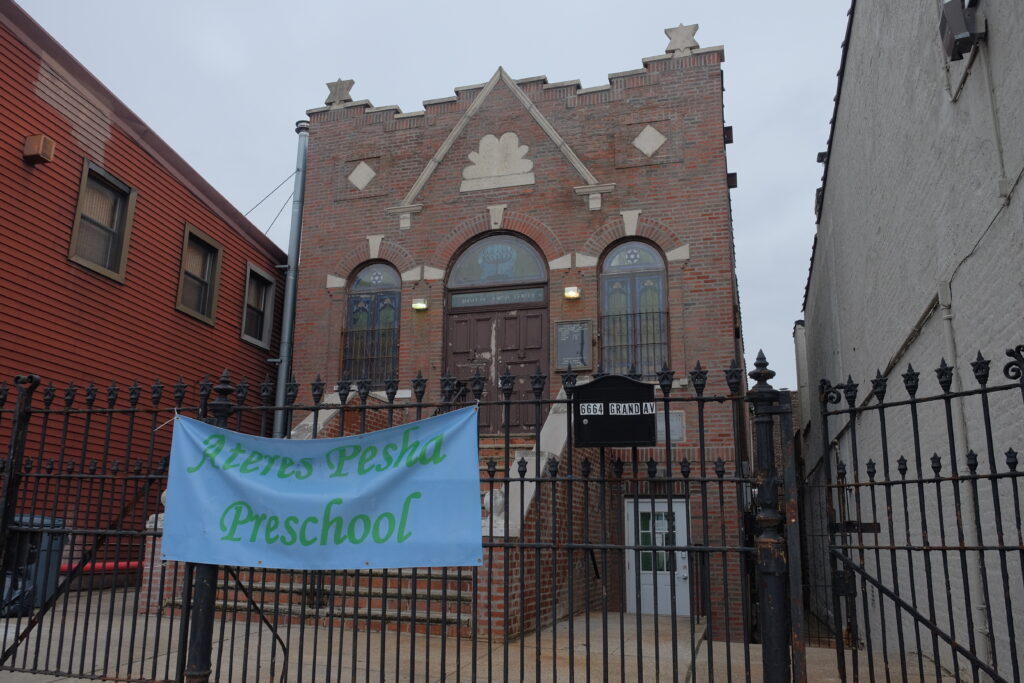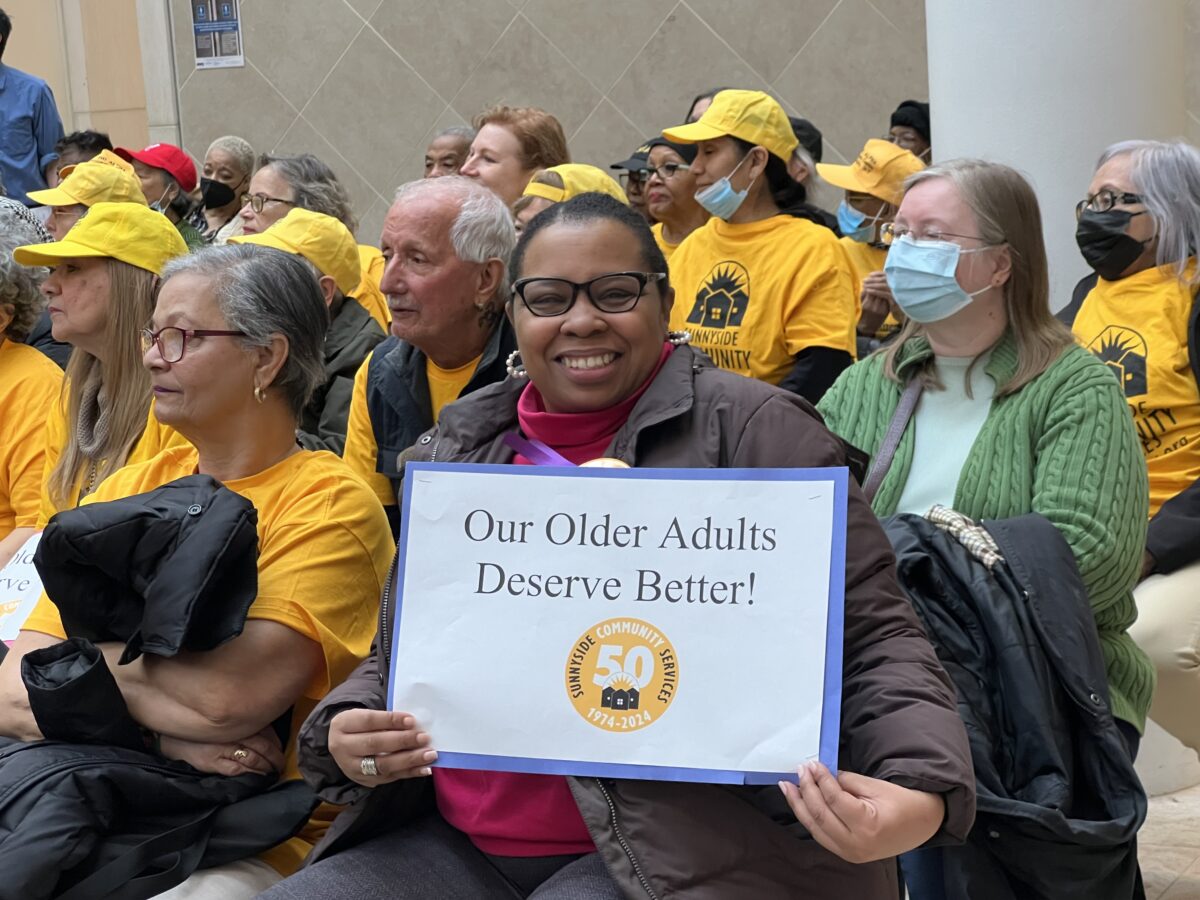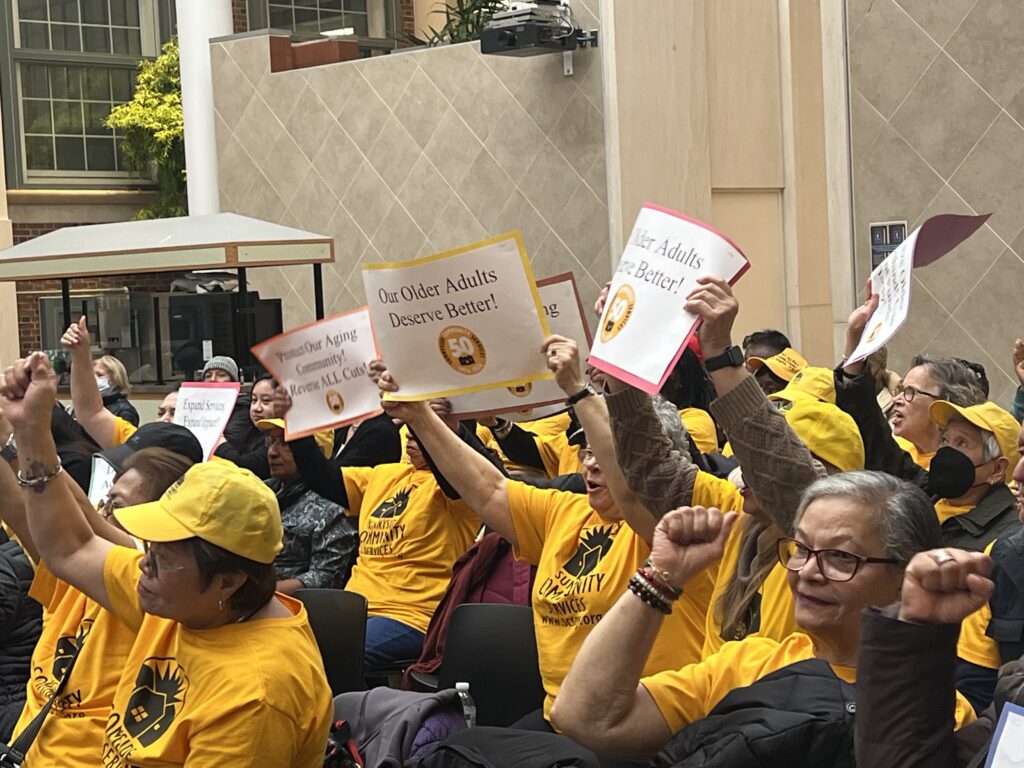$10M for QueensLink Included in State Senate Proposed Budget; Feds Award Competitor QueensWay $117M
By Celia Bernhardt | cbernhardt@queensledger.com
Proponents of QueensLink secured a victory this week, with a request for $10 million to fund an environmental review for the project in the State Senate’s new budget proposal.
They’ve also been dealt a blow: just today, the city announced it obtained $117 million in federal funding for a competing plan, QueensWay.
The QueensLink plan would reactivate the Rockaway Beach Branch, a right-of-way that has been left unused for the past 60 years, using it to extend the M line past Rego Park into the Rockaways. Supporters of the plan argue increased train access is essential for Southeast Queens, an area severely underserved by transit with some of the longest commutes in the nation. The campaign has long faced stiff competition from the New York City Economic Development-backed QueensWay plan, which would develop the right-of-way entirely into parkland.
After QueensWay received a $35 million pledge from Mayor Eric Adams in September 2022, MTA officials, City Hall spokespeople, and elected officials repeatedly denied that the project would preclude a train line reactivation. In the MTA’s October 2023 20-year-needs assessment, however, where the QueensLink proposal was given particularly low marks, QueensWay was cited as one of the reasons.
The State Senate budget proposal follows a two and a half month letter-writing campaign QueensLink organized, urging their supporters to pressure their state and city representatives to support the rail reactivation. QueensLink Chief Design Officer Andrew Lynch said 2,696 letters have been sent in total since the campaign’s launch in January, with another 65 sent out just in the past few hours since news broke increased funding for QueensWay.
Lynch said that six state senate representatives and seven state assemblymembers signed on to support QueensLink in February.
“Notably, we were not included in the Assembly budget, despite having more support in the Assembly, which is weird,” Lynch said.
The State Senate’s proposed $10 million for QueensLink is tucked into their modifications to Governor Hochul’s budget for MTA capital projects. It sits alongside a $20 million request for Hudson River Line Metro-North resiliency. The two proposed changes would bring that section of Hochul’s budget from $68 million to $98 million.
Also included in the document was a note calling into question the MTA’s budgeting process.
“The Senate has concerns with the increasing high-cost of conducting studies for MTA projects,” the proposal reads. “The Senate calls on the MTA to do more to reduce expenses on projects, as well as increase transparency to the public as to how public resources are being utilized.”
Hochul, the Senate and the Assembly must work out a consensus by the April 1 budget deadline.
When asked if he was optimistic about what the State Senate budget proposal meant for QueensLink in the final State, budget, Lynch said he didn’t know.
“You never know about these things. I know Albany. It’s going to come down to one person saying one thing and one person saying another, and they just have to agree on it. And sometimes it’s a handshake,” Lynch said. “It’s not a science up there.”



